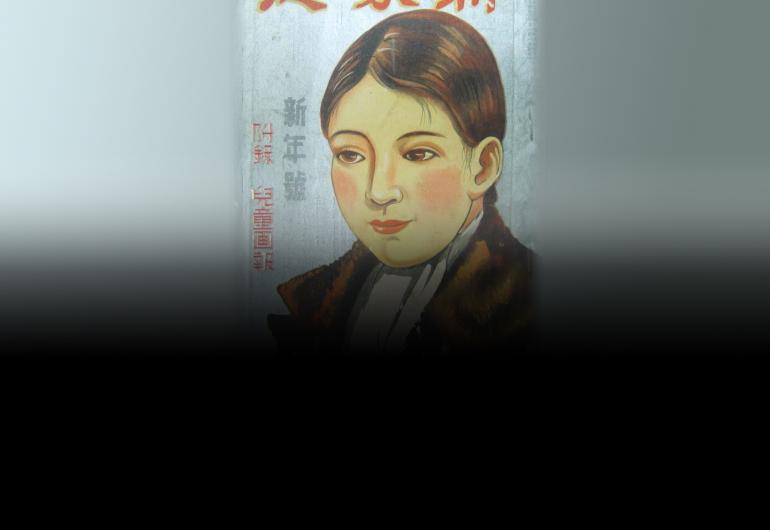Institute for advanced study presents
Violence Against Women: How Colonial Korean Literature Imagined Racial and Class Equality
IAS Thursdays
Past event
Nov 21, 2019

As colonial Korea transitioned to capitalism, intellectuals embraced the idea of gender equality as well as equality among economic classes and ethnicities (Koreans, Japanese and Westerners). On the one hand, colonial intellectuals promoted women’s education and kinship system reforms. On the other, canonical works of Korean literature from the early 20th century remasculinized colonized men through portrayals of violence against women. How did colonial literature reconcile the modern imperative of equality with the new inequalities that capitalism produced? Jin-kyung Lee, Associate Professor of Korean and Comparative Literature at UC San Diego, will argue that literary representations of violence against women were deployed as a strategy of imagining racial and class equality.
Copresented by the Gender and Violence: South Korea and Beyond research collaborative. Cosponsored by the Departmtnet of Asian and Middle Eastern Studies; the Department of History; and the Center on Women, Gender, and Public Policy.
Jin-kyung Lee received her BA from Cornell University and her PhD from UCLA in Comparative Literature. Her publications include the book Service Economies: Militarism, Sex Work and Migrant Labor in South Korea (Minneapolis: University of Minnesota Press, 2010). Her research interests center around nationalist culture and politics of the colonial era, militarism and development in post-colonial South Korea, representations of gender and ethnicity, Asian labor migration in South Korea, and Korean diaspora.